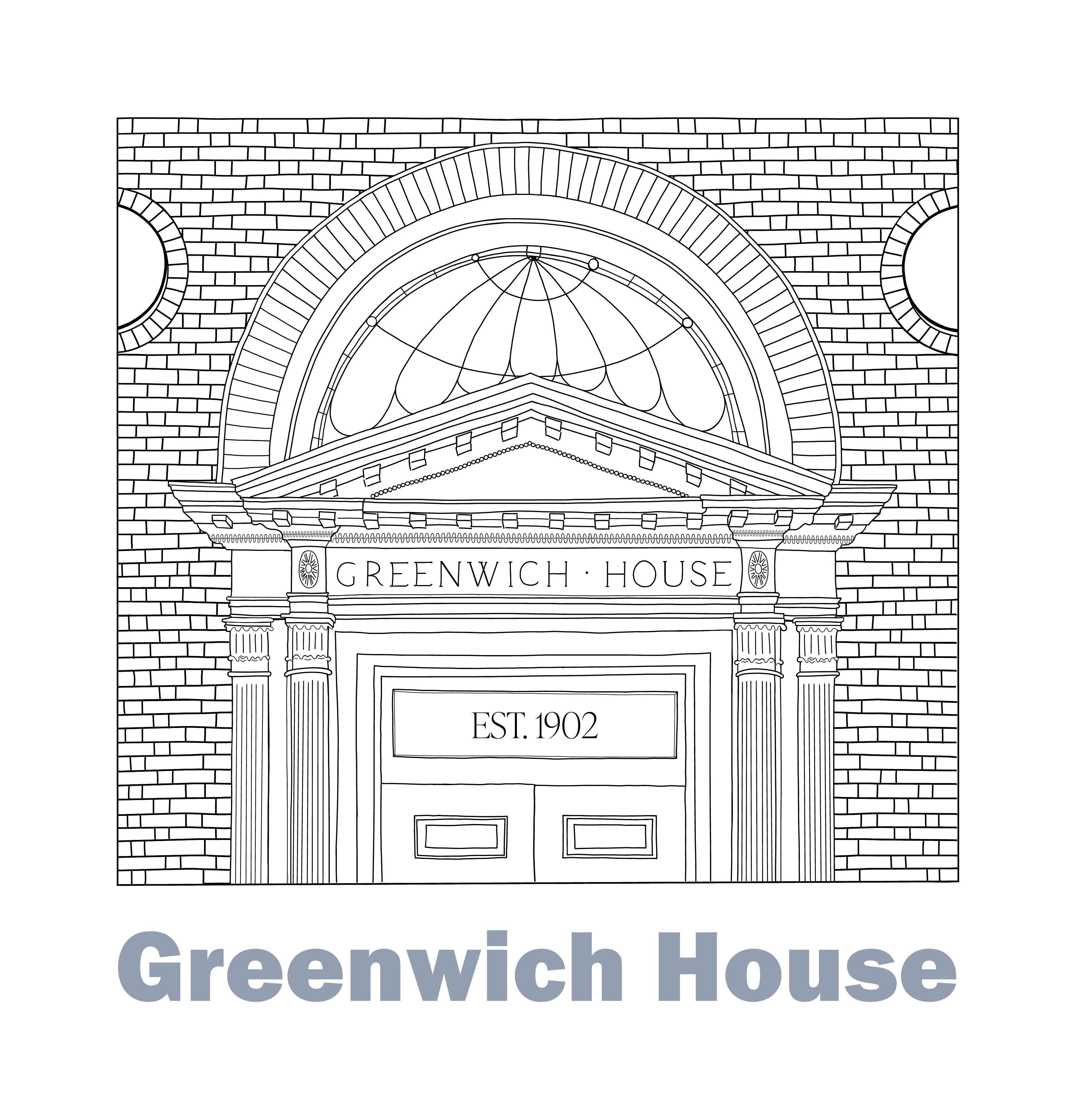Darren Bloch Testifies on the City’s Indirect Cost Rate Funding Initiative During the COVID-19 Pandemic
On November 25th, Greenwich House’s CEO and Executive Director, Darren Bloch, testified before the New York City Council about how the City’s underfunding of contracts for nonprofits hurts the organizations New Yorkers rely on for critical services. Here is his testimony in full.
Thank you, Committee Chair Kallos and fellow Committee members for the opportunity to join this important discussion.
My name is Darren Bloch, I’m the Executive Director and CEO of Greenwich House, a community-based non-profit that has been serving New Yorkers in the West Village and beyond for over 117 years.
I think it’s fair to say, there are few words in “government-speak” less compelling than the phrase “indirect rate.”
Unfortunately, it’s an understated policy with an outsized impact on communities, and families and our strive towards economic justice.
We know that communities with vibrant and sustainable community-based organizations nurture healthier, more resilient, and successful people who make our whole City and civic fabric economically stronger and more socially resilient.
That isn’t the stuff of pseudo-science and fairy tales, those outcomes are understood through the lens of hard economics and rigorous evaluations.
So when we undercut our non-profits with a dysfunctional approach to indirect rates, we’re sabotaging our growth potential during good times…And during times of crisis, we are literally cutting into some of our best tools to build back better.
Even more troubling, is the fact that the work done by community-based organizations is largely being advanced by women and people of color, serving marginalized communities and communities of color.
So when we undercut our non-profits with a dysfunctional approach to indirect rates, we’re accepting and perpetuating a systematic underinvestment in our black, brown, and low-income communities which have been historically and purposely sidelined.
To be clear, this is happening at city and state levels, and it is systemic and intentional.
Its baked into every contract, across every agency. And as they say, the system is working exactly as the system was designed to work.
To give a quick sense of the tangible impact:
If you look at our four contracts to manage four senior centers over the past six years, we received about $1m as an indirect rate to administer these contracts.
And yet if you look at the scrubbed and certified actual costs for basic administrative functions, we were underpaid by about $1m over that span.
This highlights the non-profit dilemma, which no other business sector that works for the city is asked to confront.
We’re professional problem solvers and so we try to find a way to make that math work. We fundraise, we learn how to run lean, we get creative; but this model and approach – supported by our government – is unpredictable and unsustainable.
So when the City does not fully fund the actual cost of the work solicited, we are forced to suppress our spending and costs, which threatens our health, vitality and responsiveness.
If you extrapolate that over tens of thousands of contracts being managed by thousands of different organizations you can see the systemic weakening of a sector – and the communities we employee and serve.
And when you hear a number like $200m as an estimate of what is needed to begin to fully address this issue, I hope that is seen and understood as investment with a tangible triple bottom-line return. It is not a gift and it’s not frivolous.
To be fair, over the past several years this Administration – and the City Council – have given time and attention to this subject. And we have seen positive movement on funding and real improvements on processes. That is noted.
But we can only offer half-celebrations when the work is only half-funded.
It is long past time for a sustained and concerted effort to fully fund this work – and embrace the economic impact and economic justice imperative behind that funding.
That all said, I remain hopefully that there is real energy and will to change our direction and approach.
